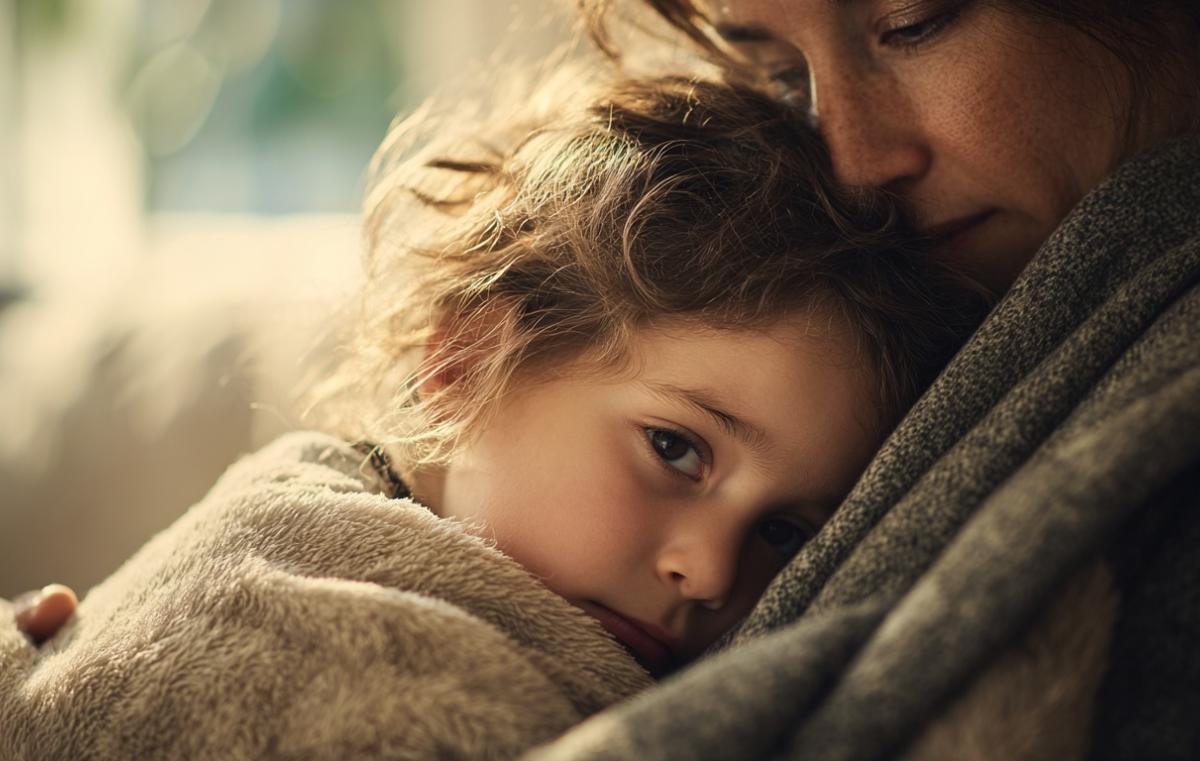Global Decline in Parental Trust in Childhood Vaccines
New Bar-Ilan University study reveals how decreasing confidence in vaccines now threatens progress against preventable diseases

Not long ago, childhood vaccines were nearly invisible in our day-to-day lives — a quick appointment, a small cry, a sticker, and peace of mind. Parents trusted that immunizations were a simple, proven way to protect their children. Diseases like measles were viewed as tragedies of the past.
COVID-19 challenged an already fragile trust
A new international study led by the Azrieli Faculty of Medicine in the Galilee at Bar-Ilan University reveals how the pandemic reshaped parental beliefs about vaccination. The research, published in Vaccine, surveyed more than 2,000 parents in Israel and the UK. It found that during the pandemic- a time of collective shock and fear, conflicting information, and uncertainty- many parents started questioning decisions they once made without hesitation.
When trust wavers, diseases return
Among UK parents surveyed, coverage for the measles-mumps-rubella (MMR) vaccine fell from 97.3% in children born before the pandemic to 93.6% in those born after. In Israel, the drop was from 94.3% to 91.6%. Similar declines were recorded in diphtheria-tetanus-pertussis (DTP) vaccines.
Even a shift of just a few percentage points can open the door to dangerous outbreaks — and that door is now wide open.
Israel is facing one its most severe measles surge of the decade. Over 1,800 cases have already been reported this year. Several toddlers under 2½, all unvaccinated, have lost their lives to a disease the country had nearly eliminated.
“The pandemic changed the way parents think of vaccines, long after COVID stopped being in the headlines” said Prof. Michael Edelstein, public health expert at Bar-Ilan University and lead author of the study. “Trust in one of the most successful public health interventions of all time has fallen — and we’re now seeing real-world consequences.”
Fear that grew louder
Fear of side effects has long been a concern for a minority of parents. But COVID-19 amplified that fear into more widespread hesitation.
92% percent of UK parents and 63% of Israeli parents who refused or delayed vaccines cited fear of side effects, as the main reason. This increasing uncertainty even affected some groups that generally vaccinate without too much debate, such as parents of Asian (Indian) descent in the UK, and the Arab community in Israel.
The study also showed something new: Some parents who vaccinated their older children before the pandemic chose not to vaccinate their younger children born afterward.
A crossroads moment
After years of protecting children from deadly diseases, decades of progress now hang in the balance.
“The data shows that this shift isn’t temporary or limited to one country,” said Prof. Edelstein. “It’s a global phenomenon, and if we don’t act quickly, the price will be paid by the youngest among us.”
The researchers call for renewed investment in trust: honest conversations with parents, community-centered outreach, strong partnerships with leaders inside vulnerable sectors, and clear communication that listens as much as it informs.
Because this challenge is not only about vaccines, it’s about the connection between parents and the systems that aim to keep their children safe.
Protecting children means rebuilding confidence
For many families, the pandemic marked the first time they were asked to navigate life-or-death medical choices in real time, surrounded by uncertainty and conflicting messages. That experience can’t be erased.
But with understanding, empathy, and scientific clarity: trust can be rebuilt.
Bar-Ilan University’s researchers are working to ensure that the lessons of the past five years lead to a safer future. One where parents feel informed, supported, and confident. One where preventable diseases return to history books, and stay there.